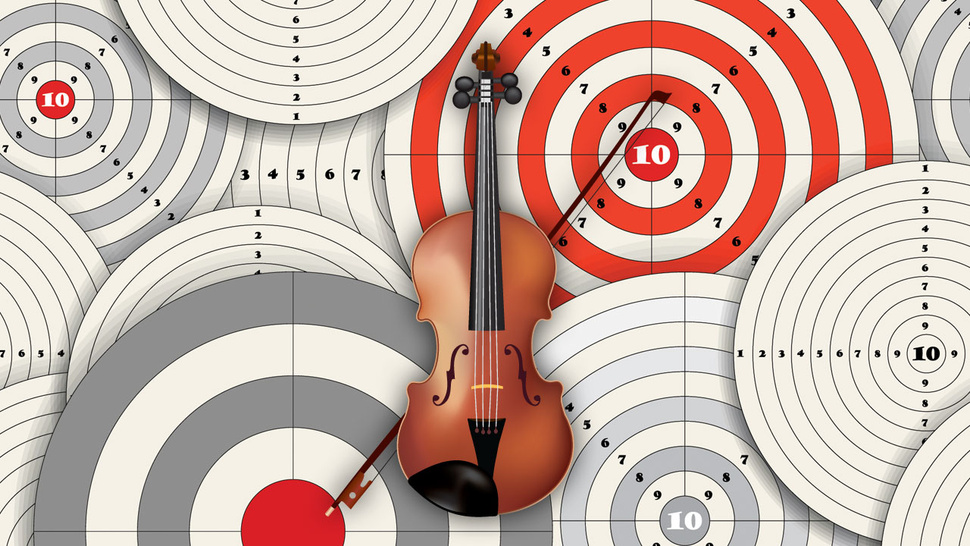What Mozart and Kobe Bryant Can Teach Us About Deliberate Practice
 Have you ever considered whether there may be a better way to practice? How many times have you “been meaning to” do something but never made any concerted effort? I hope you weren’t shocked when you didn’t get the results you were expecting. Maybe there’s a better way to practice. Maybe the shift is surprisingly simple. In fact, maybe there’s already something that you do far better than almost anyone you know. Give yourself a little more credit. Here’s a good resource to help get you started.
Have you ever considered whether there may be a better way to practice? How many times have you “been meaning to” do something but never made any concerted effort? I hope you weren’t shocked when you didn’t get the results you were expecting. Maybe there’s a better way to practice. Maybe the shift is surprisingly simple. In fact, maybe there’s already something that you do far better than almost anyone you know. Give yourself a little more credit. Here’s a good resource to help get you started.
Peace.
Daniel 🙂
How long does it take to become elite at your craft? And what do the people who master their goals do differently than the rest of us? That’s what John Hayes, a cognitive psychology professor at Carnegie Mellon University, wanted to know. For decades, Hayes has been investigating the role of effort, practice, and knowledge in top performers.
He has studied the most talented creators in history—people like Mozart and Picasso—to determine how long it took them to become world class at their craft. Furthermore, he’s investigated the choices and experiences that have led to their success. Let’s talk about what Hayes has discovered about world class performers—and more importantly, let’s discuss how you can use these insights to achieve your goals.
“10 Years of Silence”
Hayes started his research by examining successful composers. He analyzed thousands of musical pieces produced between the years of 1685 and 1900. The central question that drove his work was, “How long after one becomes interested in music is it that one becomes world class?” Eventually, Hayes developed a list of 500 pieces that were played frequently by symphonies around the world and were considered to be the “masterworks” in the field. These 500 popular pieces were created by a total of 76 composers.P
What Mozart and Kobe Bryant Can Teach Us About Deliberate Practice.

